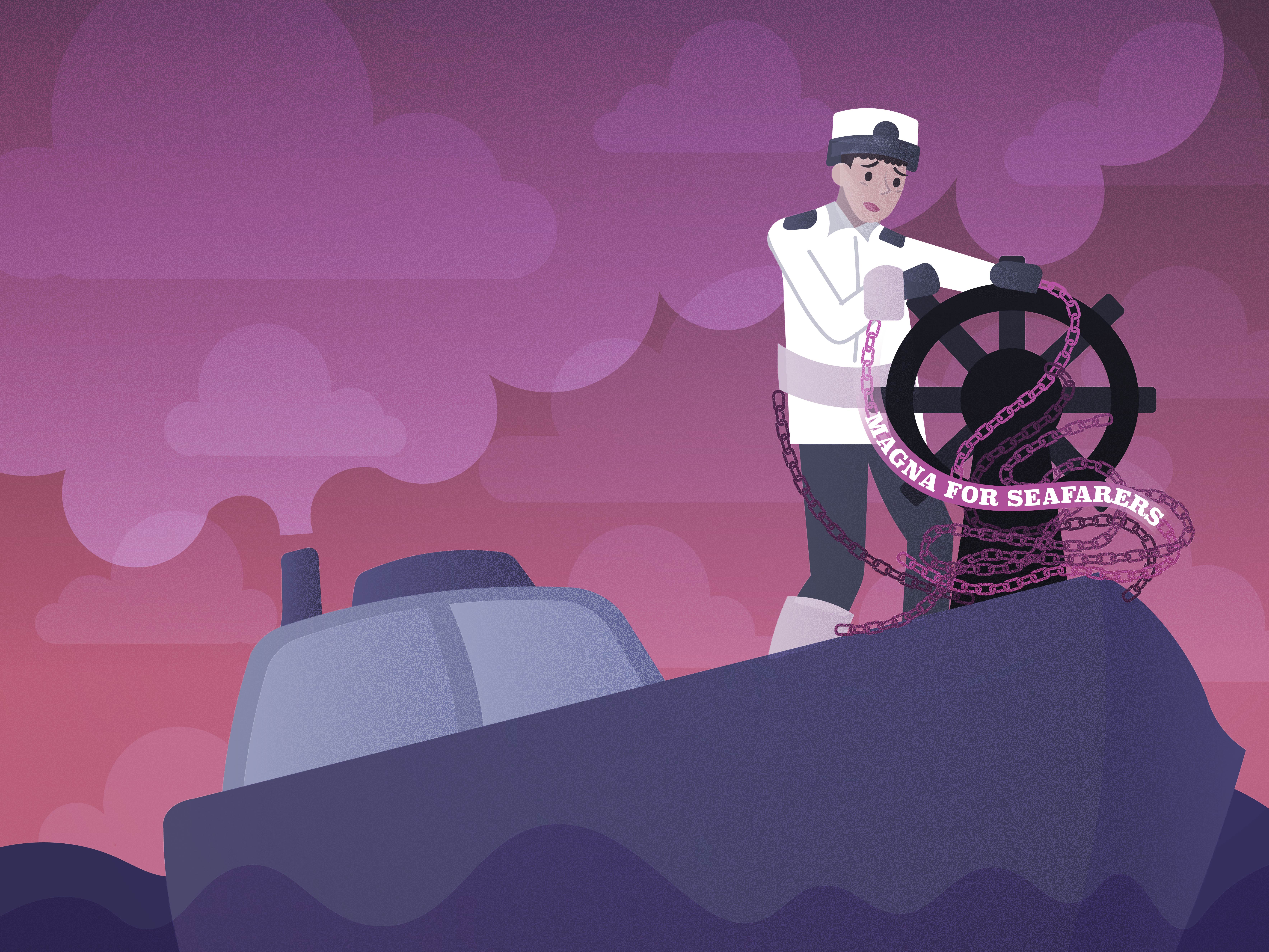THE MAGNA Carta of Filipino Seafarers sails towards passage with the House of Representatives’ approval on its final reading. It is now pending a vote for its counterpart bill in the Senate.
The bill’s development comes at an uncertain time for Filipino seafarers. The sector continues to face education deficiencies, health hazards, and limited training opportunities. Mark Villena, Advocacy and Communications Officer of the Associated Labor Unions, has underscored the need for maritime higher education institutions to uphold international training standards such as medical fitness and leadership competence. According to him, a scarcity in job openings prevents maritime cadets from refining their skills onboard.
Despite job scarcity, some seafarers were also reported to have been forced to work one to four months beyond the 11-month maximum contract length, leading to mental and physical health issues. Alongside the stress linked to social confinement, they are prone to diseases and work-related accidents. Atty. Dennis Gorecho, the Seafarers’ Division Head in Sapalo Velez Bundang Bulilan Law Offices, remarked, “Hindi assured ‘yung safety ng mga seafarers kahit nasa barko kasi they’re only human (The safety of seafarers is not assured even on the ship because they’re only human).”
The Magna Carta of Filipino Seafarers was thus proposed to address key issues of the maritime industry. It aims to uphold Filipino seafarers’ rights to education, training, and health through fair employment conditions, medical assessments, free legal information, and access to grievance mechanisms.
The Magna Carta received 304 yes votes, four no votes, and no abstentions in Congress’ third reading, but criticism of the bill still remains to be addressed. Among the key controversies includes the escrow provision mandating that any monetary proceeds gained by sick or deceased seafarers from the National Labor Relations Commission should be legally on hold until a final Supreme Court decision.
Atty. Gorecho describes the provision as “unconstitutional and anti-labor,” as the delay in providing money violates seafarers’ right to protection. He stated that this goes against Section 1 of the Bill of Rights in the 1987 Constitution that ensures “no person shall be deprived of life, liberty, or property without due process of law, nor shall any person be denied the [laws’ protection].”
Notably, apart from the 1987 Constitution, legislative texts such as the Maritime Labor Convention serve similar purposes as the Magna Carta in that they uphold the rights of seafarers. The implementation of a Magna Carta, while similar, includes updated anti-discriminatory policies and mechanisms for compliance with international training standards.As the Magna Carta awaits approval by the Senate and the President, it may see further review and revision. Whether the bill will fully incorporate the needs of Filipino seafarers remains to be seen.




